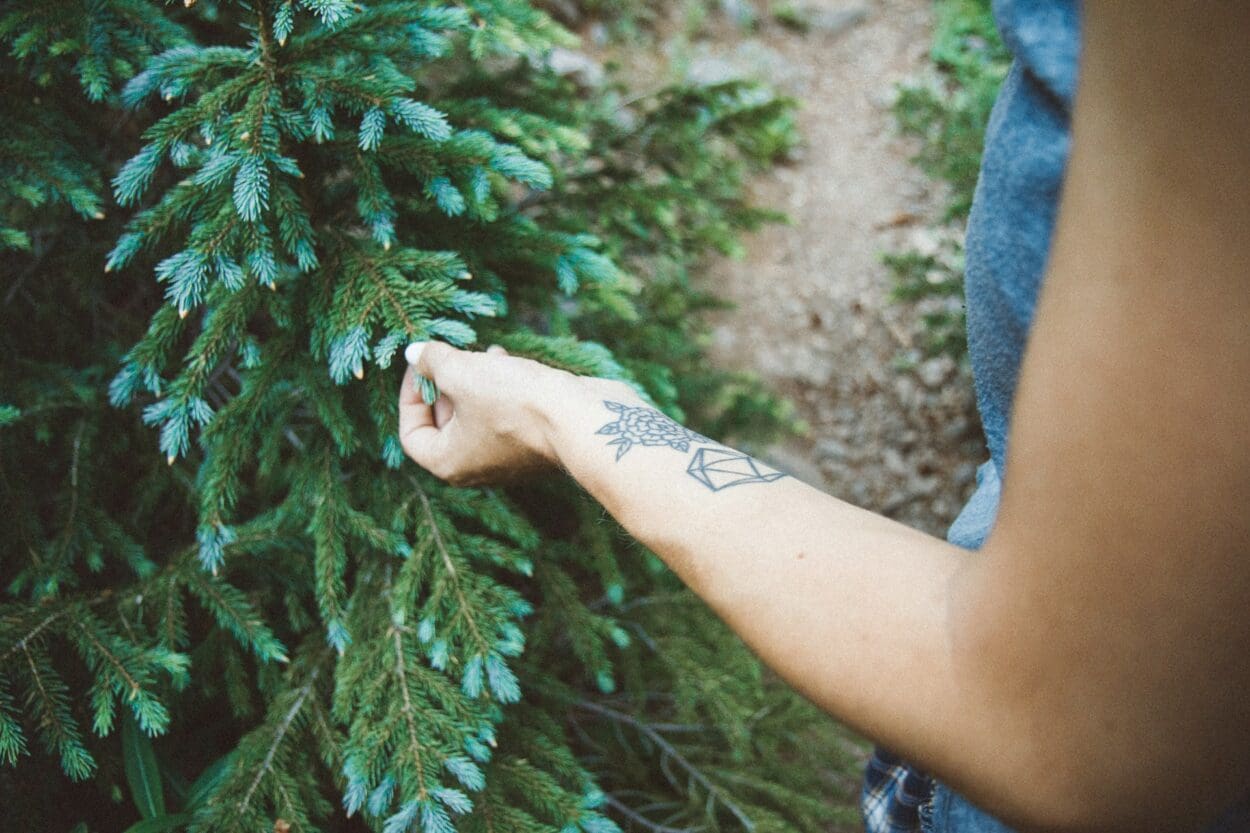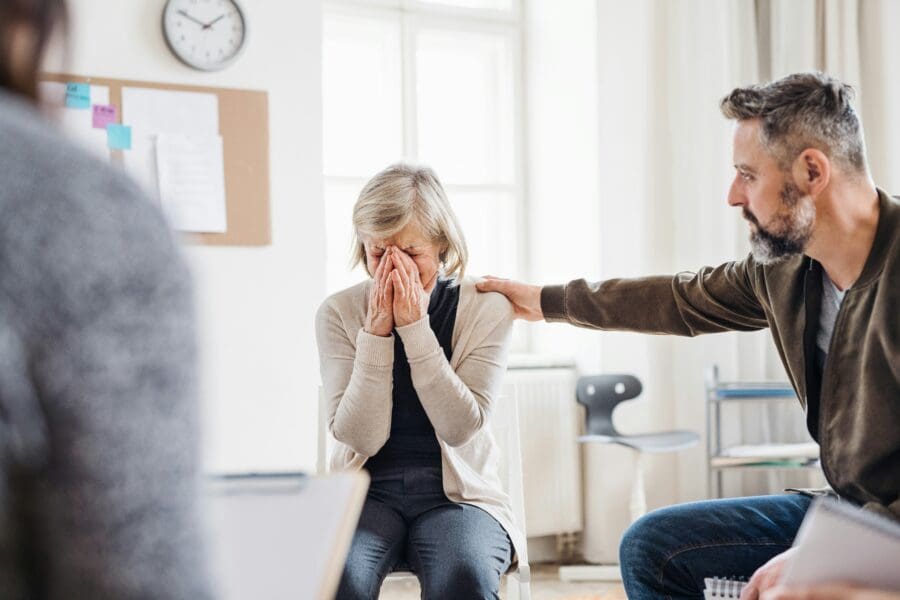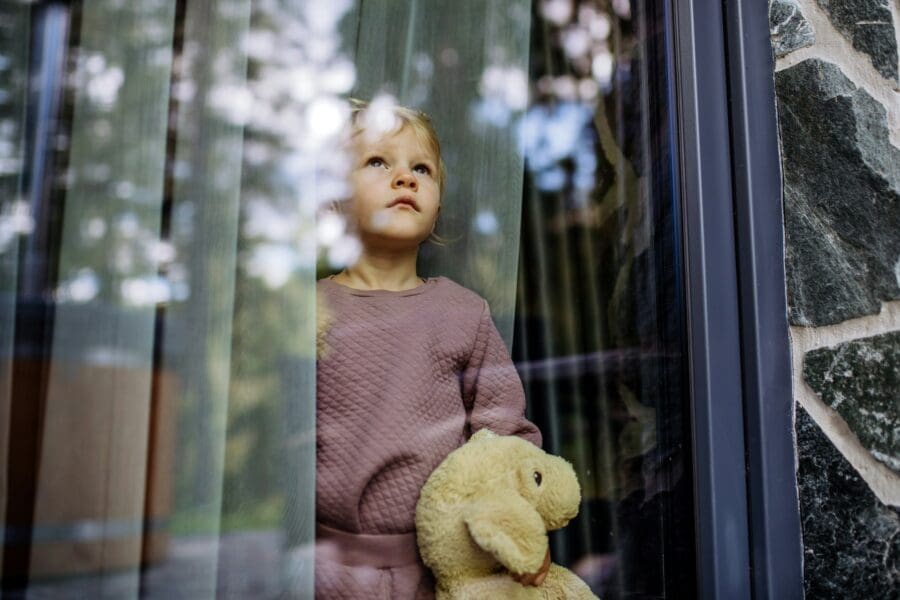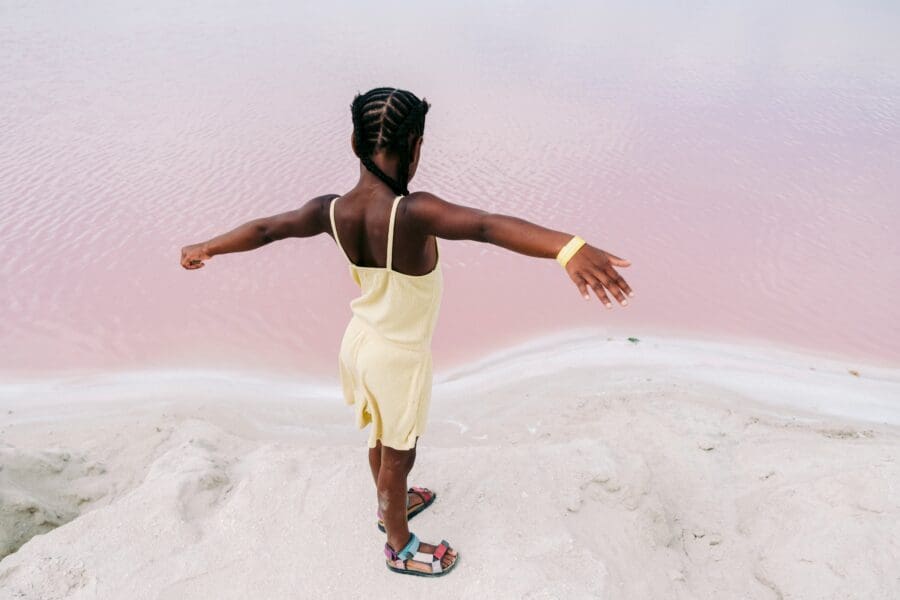In the early stages of 2020, as the pandemic ravaged the world faster than we could understand, I discovered that a childhood friend’s mom tragically lost her battle with COVID. My stomach turned upon hearing the news as pleasant summer days spent in her backyard flashed before my eyes. Everyone and anyone who knew her described her as the life of the party. She was a fun-loving, charming woman who archived all of our childhood memories on her Facebook account.
Shortly after her passing, an old friend from elementary school reached out to our entire elementary school community asking if we could share a memory or anecdote of our friend’s lovely mother. I shared one particular moment that exemplified what a beacon of support she was:
I nervously paced around the changing room of my elementary school in a bright fuchsia satin gown. I had just performed a song from Wicked the Musical as Galinda the Good Witch.
“Where did you get those pipes from!?!” my friend’s mom exclaimed. I was confused by this question. “Pipes?” I thought to myself. I took a feeble guess at what she could have meant, perhaps referring to the pipe-shaped ringlets formed by my curly hair.
“Oh…my dad, I guess. He has curly hair too.” She let out a deep chuckle from her belly. “No, your pipes…like, your voice. You can really sing!”
I remember how my smile lit up upon hearing her validation. To this day, whenever I hear the word “pipes” in the context of vocal cords, I think of her.
This anecdote was just a tiny piece of a huge mosaic of memories, created for her family to see just how wide her joy spread across an entire network of people. This book filled with little moments of happiness, laughter, and care was a tangible artifact that memorialized the warm and energetic woman she was.
Why keep memories of those we’ve lost alive?
During one episode of Ear Biscuits, a podcast where two lifelong friends “talk about life for a long time”, one of the hosts, Link, chose to commemorate his recently-deceased step-father’s life by sharing the unpublished autobiography that he unearthed from his old hard drive. The autobiography encompassed funny and interesting stories from his life, including his time as a military driver and how his allergies seemingly disappeared the day he divorced his ex-wife. Link went on to share about how he printed these stories out and would read them to his mom like a bedtime story. His passing, though heartbreaking, brought Link and his mom closer together than they had been since he was a child, as they spent quality time appreciating the unique man that Lewis was.
This exercise sparked a conversation about how we can memorialize the lives of those who have passed for future generations. What’s the purpose of keeping memories of those we have lost alive?
For starters, keeping memories of those we have lost is a way for us to celebrate their life, as well as, to grieve. In both the cases of my childhood friend’s mom and Link’s stepfather Lewis, families and communities were brought together through storytelling.
Furthermore, preserving these memories can transcend generations. By digging up Lewis’ autobiography, his family was able to safeguard an integral piece of who he was not just for those who knew him personally, but for future generations who will never get to meet him. There’s something beautiful about discovering that your strange habits and idiosyncrasies may have been shared by your great-grandparents. Preserving sentimental memorabilia can help current and future family feel connected to the deceased.
How can we keep memories of those we’ve lost alive?
Compile a book of short stories and photos
In the midst of this digital era, it’s refreshing to have tangible memories that we can hold in our hands. It’s a heartwarming endeavor to look through an old photo album with loved ones and get a glimpse into the past. Try reaching out to friends and family to collect memories and photos. You may be pleasantly surprised at how deeply your loved one has touched people’s lives.
Preserve their art, writing, or other creations
My great-aunt Angelitė was a talented needleworker who sadly passed away the youngest out of her eleven siblings. I was grateful to marvel at her intricate poppy-covered pillows at my grandmother’s apartment during my childhood. Not only did my grandmother pay homage to her sister’s craftsmanship by keeping these pillows, but they also became a piece of family history as well as a preservation of Lithuanian culture. The preservation of art is the preservation of the soul.
Support a cause that’s close to their heart
Donating to charity is never a bad idea and if you’re doing it to commemorate someone’s life, it’s a win-win. For instance, if they were a fervent environmentalist or simply a lover of nature, start a fundraiser to donate to an environmental organization or plant some trees in their honor.
Get a tattoo or piece of jewelry in their honor
Memorializing a loved one that you have lost with a tattoo or custom piece of jewelry is a wonderful way to carry them with you wherever you go. An elegant locket with their picture can hang close to your heart throughout all your adventures. For myself, I plan on getting a pine branch in my grandmother’s honor, a woman who described herself as “resilient like a windswept pine tree, just like my own mother.”








Leave a Comment